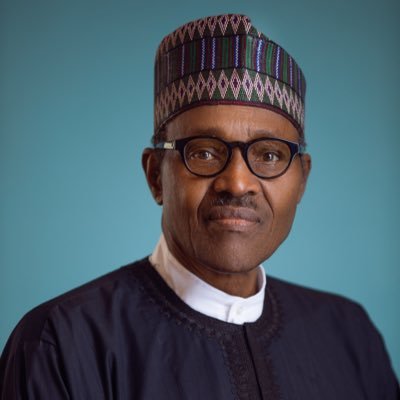Former Nigerian President Muhammadu Buhari has died at the age of 82 while receiving medical treatment in London. His death was officially announced by the Nigerian government on July 13, 2025, marking the end of a long and eventful public life that spanned decades of military and civilian leadership.
Buhari first rose to power as a military ruler after leading a coup in December 1983. His military regime was known for its strict anti-corruption campaign and enforcement of discipline, but it was cut short in 1985 when he was overthrown in another coup. For many years, he remained a symbol of strong leadership, admired by some and criticized by others.
In a historic turn, Muhammadu Buhari made a political comeback decades later, contesting for the presidency multiple times before finally winning in 2015. That election was especially significant as it marked the first time in Nigeria’s history that an opposition candidate defeated an incumbent president. Buhari’s rise from a former military leader to a democratically elected president was seen as a defining moment in the country’s democratic development.
During his eight years in office, from 2015 to 2023, Buhari focused on fighting corruption, improving national security, and reviving the Nigerian economy. His administration prioritized transparency, promoted local production, and invested in infrastructure projects. He was known for his commitment to restoring order and accountability in public service.
Despite these efforts, Buhari’s presidency was marked by numerous challenges. Nigeria entered into two economic recessions under his leadership, with inflation and unemployment on the rise. Insecurity continued to plague the country, with persistent attacks from Boko Haram, bandits, and other armed groups. His government was also criticized for handling the #EndSARS protests in 2020 with force, sparking national and international backlash.
Health concerns often kept Buhari abroad, and his prolonged medical trips to London drew criticism for lack of communication and transparency. Yet his supporters remained loyal, praising him for his integrity, austere lifestyle, and strong moral stance.
Following news of his passing, tributes began to pour in from political leaders, former allies, and citizens across the country. President Bola Ahmed Tinubu described him as a “devoted statesman” who served the country with sincerity. Flags were ordered to fly at half-mast, and arrangement
s are underway to bring his body back to Nigeria for a state funeral.Buhari’s legacy remains complex. To some, he was a rare symbol of discipline and patriotism in Nigerian politics. To others, his tenure represented missed opportunities and rigid leadership. Regardless of perspective, his influence on the nation’s democratic journey, anti-corruption fight, and security strategy is undeniable.
As Nigeria mourns his passing, the nation also reflects on the lessons of his leadership—his victories, his struggles, and the imprint he leaves on history.


